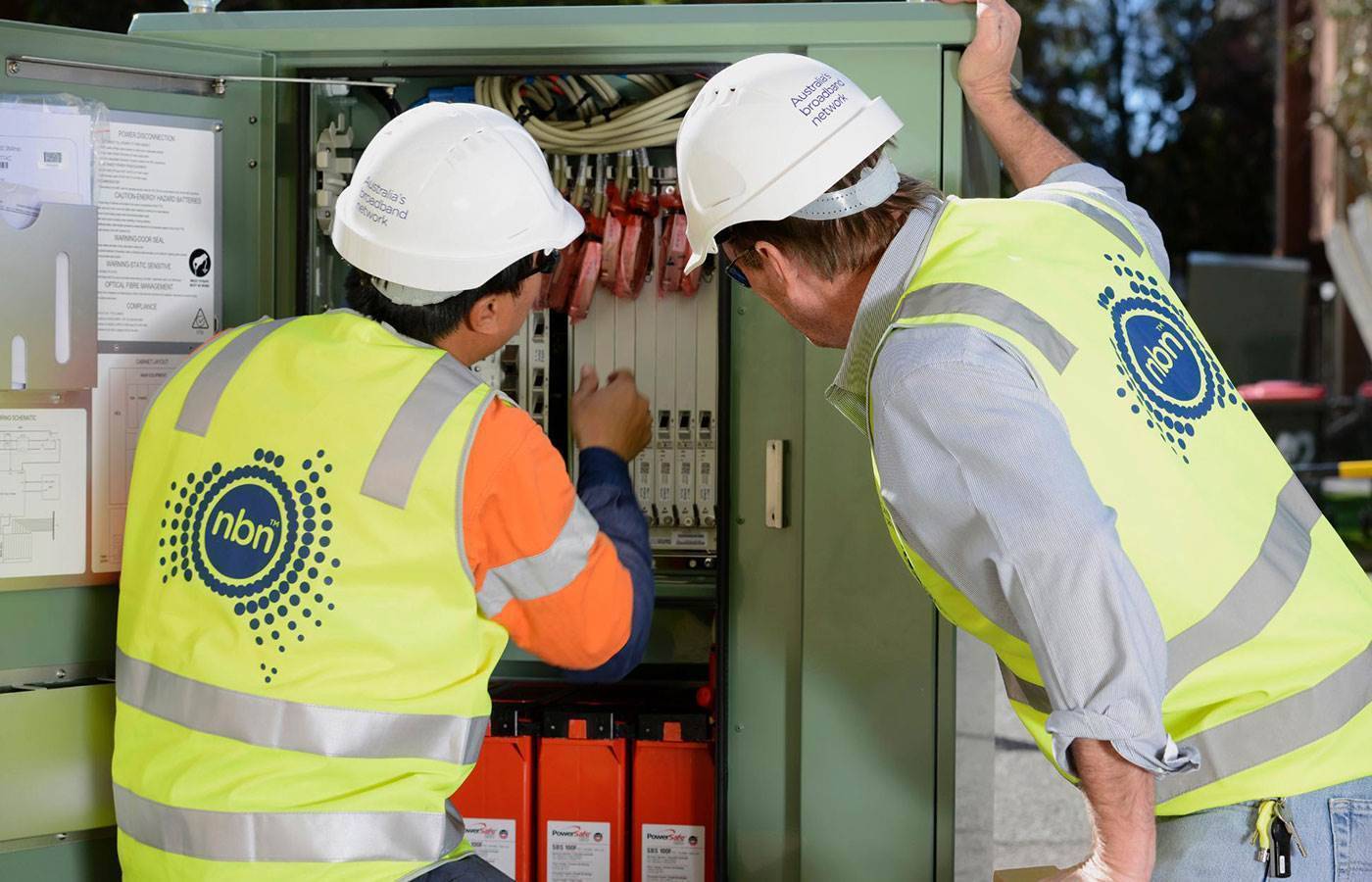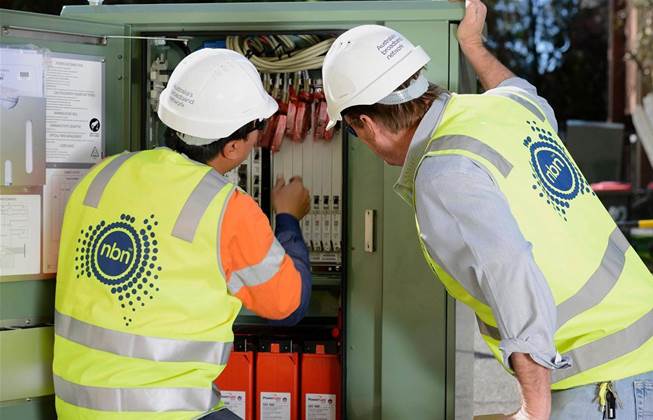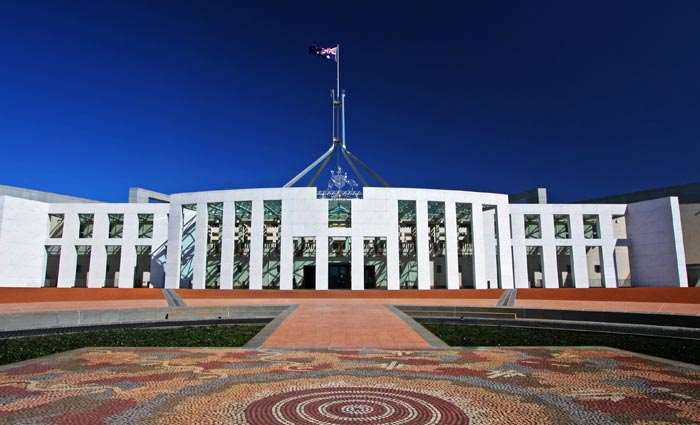 " title="
" title="Internet providers say they are being progressively squeezed by a now 15-month freeze on the amount of bandwidth that comes bundled with NBN plans.

Regular increases to the amount of connectivity virtual circuit (CVC) bandwidth that came with all NBN plans stopped in May 2022.
All internet providers say they are feeling the effects of that decision, and that NBN Co should resume regular bandwidth increases and/or financially compensate providers for the impacts.
Permanent CVC relief was meant to arrive in the form of new NBN pricing under a revised special access undertaking (SAU), but this process has now run for several years without agreement, and a recent “material” change to what’s on the table has not helped.
Some providers see the slow progress of the SAU process, and the bandwidth inclusion freeze, as tactics to ratchet up financial pressure on them to reach an agreement.
“Retailers are now being placed in a difficult position where increased overage costs mean the alternative options presented by NBN Co could be better than continuing with the status quo. This is an illusion which only appears because NBN Co has frozen CVC inclusions,” TPG wrote.
“NBN Co’s refusal to increase CVC inclusions is resulting in higher overage [extra bandwidth] costs across the industry.
“This only benefits NBN Co and reduces the ability of retailers to provide affordable services to consumers.
“NBN Co must… increase CVC inclusions. This would provide immediate relief from high overage costs, benefitting industry and consumers.”
Superloop also said it “strongly advocates for an immediate increase in CVC for the industry whilst the SAU consultation continues.”
“The industry continues to be adversely financially impacted as the ongoing SAU consultation continues,” Superloop wrote.
“This will also minimise the likelihood of any retail price rises prior to the new SAU coming into force.”
Vocus also asked for an “immediate increase” to CVC inclusions.
Telstra, in its submission, estimated the quantum of the financial impact of the CVC freeze on providers, but redacted the numbers from the publicly-released version of the document.
NBN Co has so far offered a $12 million “transitional relief” fund for providers to share, to allay some of the cost increases caused by the protracted SAU process.
Internet providers say that is not enough. Telstra labelled it “insufficient”; Vocus said it was “inadequate”.
In addition, there is some confusion over what the fund is for: whether it’s intended to offset financial pressure caused by the CVC freeze, or cover now-redundant IT costs incurred before the recent change in direction of the future pricing model.
TPG also argued that the credit “should be paid to retailers now, rather than being conditional on SAU acceptance, which only serves to place further pressure on industry to acquiesce.”






 " title="
" title="